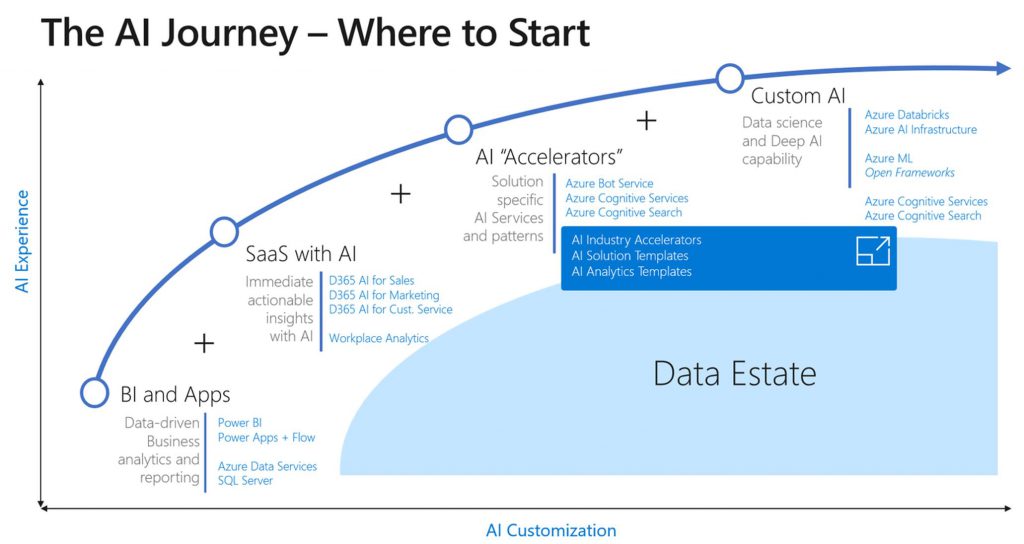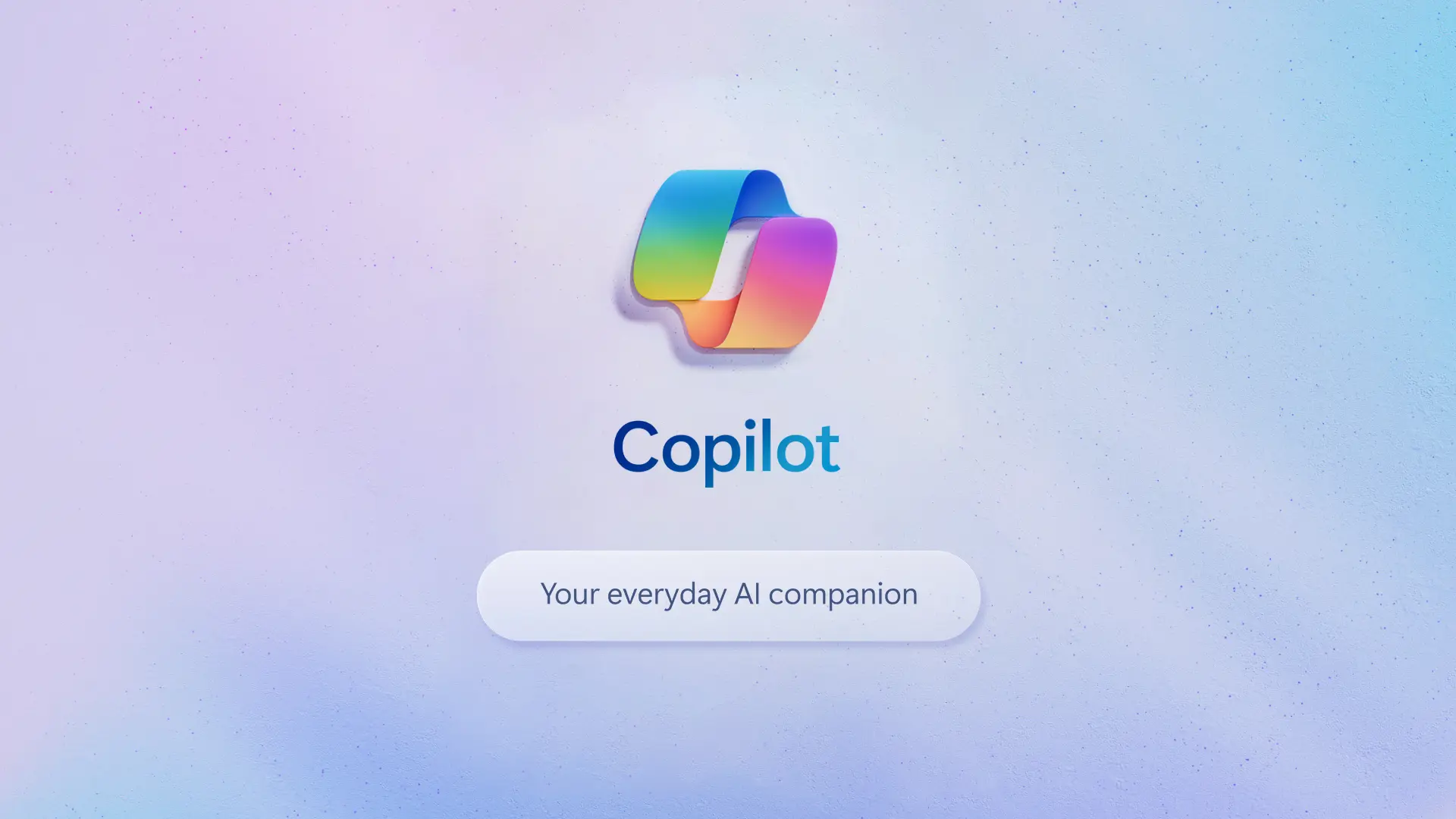According to a 2017 report from PwC (Sizing the Prize), launched at the World Economic Forum in China, global GDP will be 14% higher in 2030 as a result of AI – the equivalent of $15.7 trillion, more than the current output of China and India combined.
The increase in GDP will be driven by labour productivity improvements combined with the increase in consumer demand resulting from AI delivering a greater choice of products, increased product personalisation and affordability.
For the UK, Artificial Intelligence could add 10% to GDP by 2030 (£232 billion), making it the biggest commercial opportunity in today’s fast-changing economy (AI could add £232bn to UK GDP by 2030).
Is your organisation ready to leverage the opportunities presented by AI and protect against the threats?
A recent report from Microsoft would suggest not.
Based on an extensive survey of over 5,000 UK based business leaders and employees, conducted in partnership with the University of London and YouGov, Maximising the AI Opportunity concluded that a full 41% of British companies believe that their current business models will no longer exist in the next five years because of artificial intelligence. Yet only 5% of respondents agreed that their organisation ‘has a clear and formal AI strategy’.
Organisations already on their AI journey are outperforming other organisations by 5% on factors such as productivity, performance, and business outcomes.
So where should your organisation start on its AI journey?
Put BI Before AI
In a separate blog post, researchers at Microsoft present a pragmatic, real world framework to guide your organisation’s AI journey (The AI Journey: Where to Start).

Rather than being seduced by the hype surrounding AI, a necessary starting point is to evaluate your existing data estate, building a sustainable data asset as an entry point for your AI journey.
Data is the foundation for AI, so the first opportunity is to fully leverage the data you already have within your organisation. Look for ‘Insight’ before trying to drive ‘Intelligence’.
Don’t follow the hype by rushing into AI without ensuring that your existing data estate is well structured. In addition to cleaning and normalising your data in a standard format using a Common Data Model, begin to develop actionable insights using tools such as PowerBI.
This will provide a very strong foundation for your AI journey. Without robust data there is no AI.
Please do not hesitate to contact us if you would like to discuss how Bridgeall Data Audit and Migration services can help your organisation build the foundations for intelligence that is not artificial.




